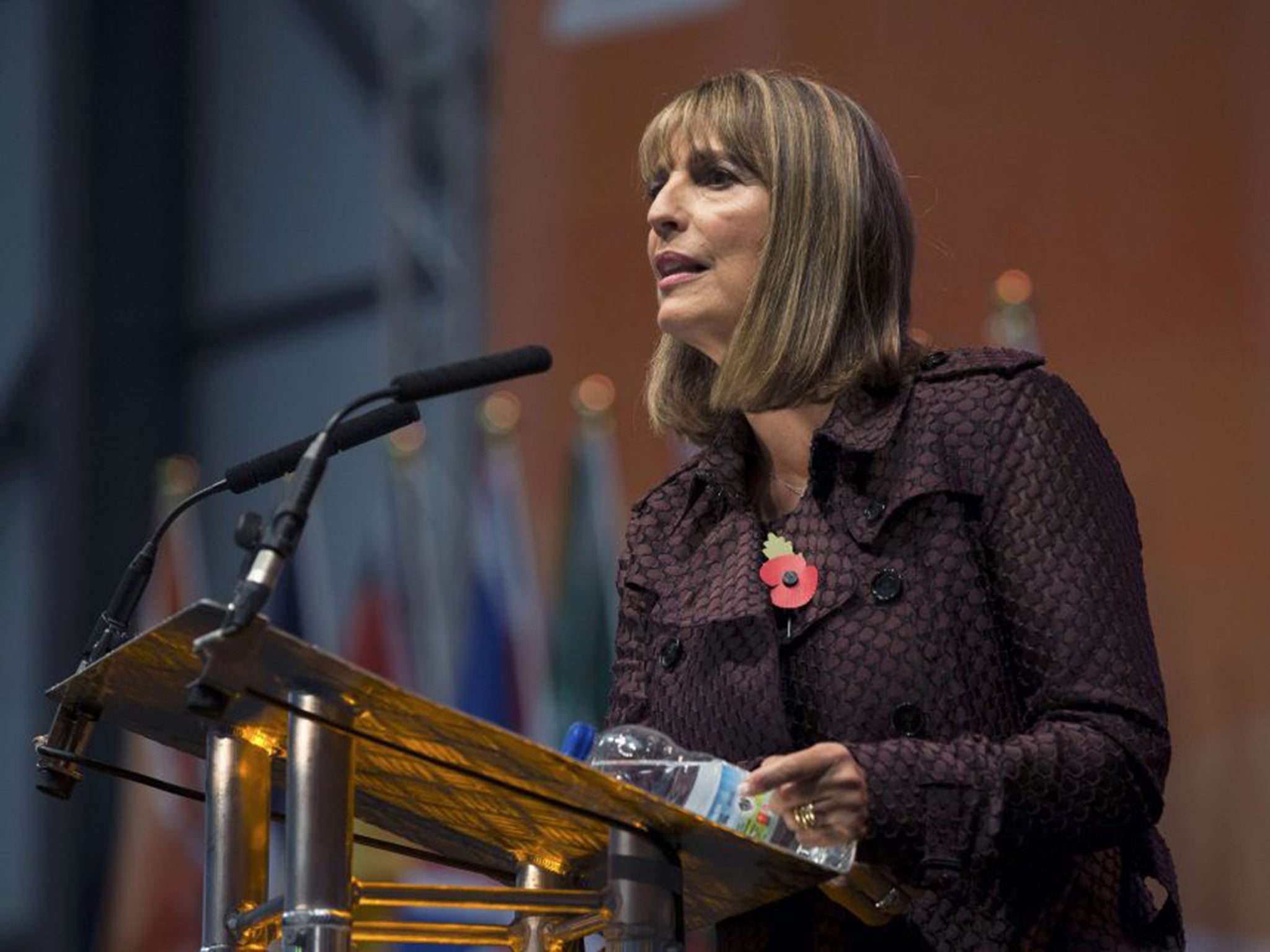‘Mono-male’ airlines will lose ground to younger rivals - report
The study found that the older, established airlines were dominated by male former engineers or pilots

Your support helps us to tell the story
From reproductive rights to climate change to Big Tech, The Independent is on the ground when the story is developing. Whether it's investigating the financials of Elon Musk's pro-Trump PAC or producing our latest documentary, 'The A Word', which shines a light on the American women fighting for reproductive rights, we know how important it is to parse out the facts from the messaging.
At such a critical moment in US history, we need reporters on the ground. Your donation allows us to keep sending journalists to speak to both sides of the story.
The Independent is trusted by Americans across the entire political spectrum. And unlike many other quality news outlets, we choose not to lock Americans out of our reporting and analysis with paywalls. We believe quality journalism should be available to everyone, paid for by those who can afford it.
Your support makes all the difference.Long-established airlines risk losing out to the younger low-cost carriers unless they break their “mono-male” culture, according to a study by the headhunters Egon Zehnder.
The report warns that if the world’s biggest airlines do not shake up their heavily male, top-heavy management structures and bring in more diverse talent, they will continue to lose business to the low-cost carriers which have been outperforming them.
Citing easyJet’s hiring of Carolyn McCall as chief executive, EZ’s Christoph Wahl said that low-cost carriers were more diverse and performed better.
“This raises the question whether diversity of leadership tends to foster a spirit and culture in favour of fresh ideas, openness towards change as well as agility in taking fast decisions,” he said.
The study found that the older, established airlines were dominated by male former engineers or pilots who had been in the industry for most of their careers. “The managements are inward-looking and often a handful of insiders make most of the decisions. All industry needs fresh talent and fresh ideas,” Mr Wahl said.
Less than 13 per cent of top executives in the industry are female and most are in PR or human resources.
The other female airline bosses are Jayne Hrdlicka of Jetstar and Claudia Sender of Brazil’s TAM.
Join our commenting forum
Join thought-provoking conversations, follow other Independent readers and see their replies
Comments